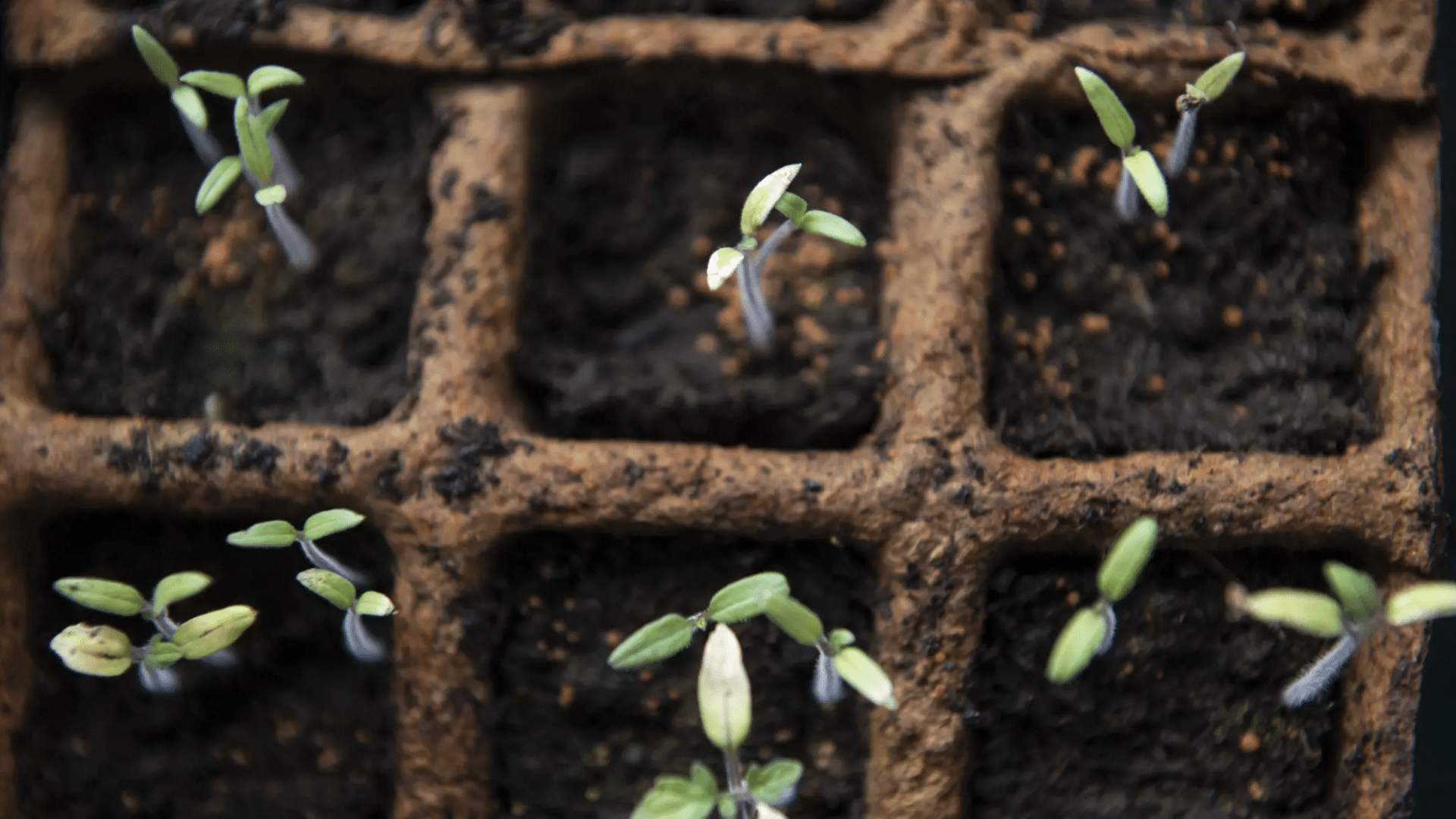
New genomic methods to strengthen the resilience of the food system
The European Union aims to improve sustainability and reduce the use of pesticides in its food supply chain through new regulations on advanced genomic techniques.
Plant breeding, a traditional technique for developing new plant varieties with characteristics such as higher productivity, disease resistance, or improved nutritional profiles, has been revolutionized by biotechnological progress. This advancement allows for the creation of plant varieties by modifying their DNA more efficiently and precisely.
Since 2001, EU legislation has required strict regulation for genetically modified organisms (GMOs). However, with the development of plant breeding techniques, new genomic techniques (NGTs) offer an alternative that achieves more specific and rapid results than conventional methods.
NGTs facilitate the precise modification of plant DNA, often without the need to incorporate genetic material from unrelated species, which would be slower through traditional methods like hybridization. These techniques can help create plants with greater resistance to adverse climatic conditions or that require fewer chemical inputs.
As for GMOs, these are organisms whose genes have been unnaturally modified and often include DNA from other species. For their commercialization in the EU, they must undergo rigorous safety assessments and comply with strict regulations for authorization, labeling, and traceability.
In July 2023, the European Commission introduced legislative proposals to facilitate the authorization of NGT-generated plants that are equivalent to conventional ones, without the need to use genetic material from naturally non-crossable species. However, NGT plants that do not meet these criteria will continue to be subject to stricter regulations, similar to those existing for GMOs. Moreover, these plants will not be allowed in organic production and must be clearly labeled to ensure that farmers are informed about the seeds they are cultivating.












